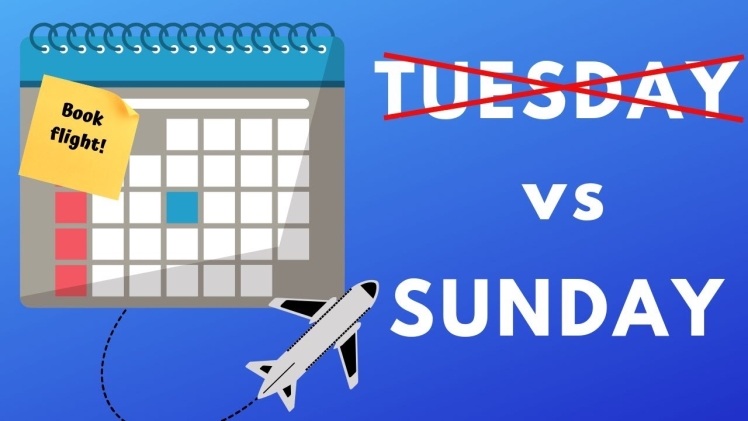Introduction
Booking flights can be a significant expense when traveling, but with a bit of planning and strategy, you can save a substantial amount of money. One of the most frequently asked questions by travelers is, “When is the cheapest time to book flights?” While there’s no one-size-fits-all answer, this article will explore various factors that influence flight prices and provide tips on when and how to secure the best deals on airfare.
Factors Influencing Flight Price
Before diving into when to book flights, it’s essential to understand the factors that influence airfare pricing. These include:
Seasonality: Airfare prices fluctuate throughout the year based on demand. Peak travel seasons, such as summer and major holidays, typically see higher prices. Conversely, off-peak times can offer significant savings.
Advance Booking: Airlines often offer lower fares for travelers who book their flights well in advance. However, booking too early can sometimes result in higher prices due to limited availability.
Last-Minute Deals: While last-minute deals can be tempting, they are generally more expensive. Airlines capitalize on the urgency of spontaneous travelers.
Day of the Week: Flight prices can vary depending on the day of the week you choose to fly. Midweek flights (Tuesday and Wednesday) are often cheaper than weekend flights.
Time of Day: The time of day you fly can also impact prices. Early morning and late-night flights are typically less expensive than midday flights.
Airline Sales and Promotions: Keep an eye out for airline sales, promotions, and special offers. These can significantly reduce the cost of your ticket.
Route and Destination: The popularity of your destination and the number of airlines servicing that route can affect prices. Flying to less-visited destinations or using alternative airports can save you money.
Flight Duration and Layovers: Nonstop flights are usually more expensive than those with layovers. However, long layovers can be a hassle, so balance your preferences with cost considerations.
When to Book Flights
Book in Advance: Generally, booking your flights well in advance, ideally three to six months before your travel date, can help you secure lower fares. Airlines often release their cheapest seats early, and prices tend to rise as the departure date approaches.
Be Flexible with Dates: If you can be flexible with your travel dates, you’ll have a better chance of finding lower fares. Use fare comparison websites and tools that allow you to view prices across an entire month to identify the cheapest days to fly.
Avoid Peak Seasons: If possible, avoid traveling during peak seasons. Prices for flights and accommodations tend to be higher during holidays and school vacation periods.
Consider Midweek Flights: As mentioned earlier, midweek flights are often cheaper than weekend flights. If your schedule allows, aim for Tuesday or Wednesday departures and returns.
Monitor Fare Alerts: Sign up for fare alerts from airlines and travel websites. They’ll notify you when prices drop for your chosen routes, allowing you to snag a deal when it’s most advantageous.
Use Fare Comparison Tools: Utilize fare comparison websites and apps like Google Flights, Skyscanner, or Kayak to track and compare flight prices across different airlines and booking platforms.
Book During Sales and Promotions: Keep an eye on airline sales and promotions. Airlines frequently offer discounts during holidays or special events, so seize the opportunity when you see a deal that matches your travel plans.
Conclusion
While there’s no one-size-fits-all answer to the question of when to book flights, understanding the factors that influence airfare prices and following these tips can help you secure the best deals. Remember to plan ahead, be flexible with your travel dates, and stay vigilant for sales and promotions. By doing so, you can make the most of your travel budget and enjoy your journey without breaking the bank. Happy travels


